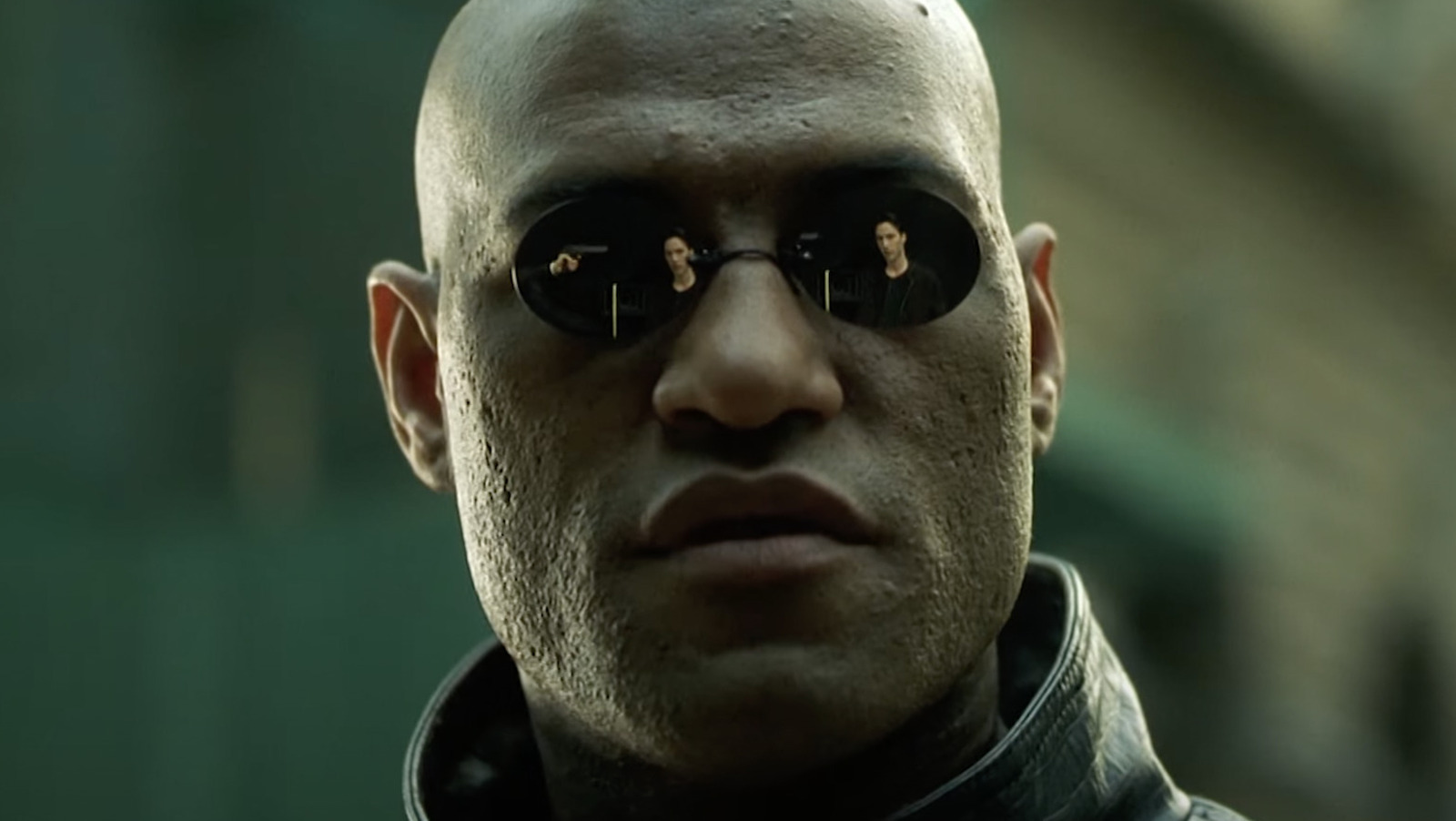

It’s not even true, if you heard those fascist scum chant kill them all, you’ve heard them all. There’s no different zionist perspective, just levels of how open they are.


It’s not even true, if you heard those fascist scum chant kill them all, you’ve heard them all. There’s no different zionist perspective, just levels of how open they are.


Good way to put it, very well done. That’s exactly what I meant in a way I couldn’t have said it.


There’s a lot of arguing against arguments no one made here, all with the fervour of an old man yelling at clouds.
-Khrushchov didn’t literally lie about everything. So what? As the author agrees, he lied a great deal. In no language is the title “Khrushchov lied with every breath” nor does Furr make such a claim. This is unserious.
-We don’t know beyond question whether Zinoviev et al were responsible for the assassination of Kirov. It’s true. What we do know however is that Khrushchov and a host of anticommunist hostorians have tried in vain to prove Stalin was behind it or to clear the convicted of this. In the presence of this and the absence of any evidence to indicate the testimonies were so much as implausible, I’m leaning strongly toward Furr’s position. It may not be proven rigorously, but then again, it can’t be in either direction with the present evidence.
-Furr doesn’t clarify that some historians he quotes don’t agree with his conclusion. …Ok? That’s not how citations work.
-The repressions point is odd, in that the author explicitly claims Furr’s trying to have his cake and eat it too, by arguing first that the repressions were carried out by Yezhov, Khrushchov etc, and that they were guilty anyway. This isn’t the case. Furr definitely argues the first, it might even be argued he leans too hard to the point of absolving Stalin of what was going on under his nose, but the second isn’t. Arguing that the repressed were all or most guilty would’ve undermined the point of the book far beyond what someone going against the concensus could’ve gotten away with.
-Stalin wasn’t completely opposed to torture. Again, so what? Furr didn’t claim the man had 21st century hindsight and knew as we ought to, that torture isn’t just morally wrong, but also practically unjustifiable. He merely argues against the image Khrushchov is trying to conjure up, which is a dictator who was happy to torture millions.
That’s as far as I got. The article is right in one criticism I already laid down, the book goes a bit too heavy in implicitly absolving Stalin of wrongdoing in the repressions. That’s the only good one before the part I reached. All in all, poor cririque.


Breaking news: Liberal scratched, fascist bleeding


I’m sure many were just as hopeful in the 50s and to some extent into the 60s. A proper socialist bloc forming, the USSR making friends and allies all around, imperialists resorting to lying, distortions and hypocricy to retain their power. The US is on the brink of societal collapse due to the contradictions of its racial policies, colonies breaking their shackles and so on.
I’m not saying the things you’ve lissted aren’t supposed to give you hope, but they’re not supposed to give false hope. In 2020 the US went through an extreme economic instability and through a pittance to the common folk and a media campaign they survived without a hitch. They aren’t collapsing any more than they were in the decade prior, they’re merely deteriorating at pace. Same story in europe.
BRICS and multipolarity are similar in that respect. These are saplings that were planted decades ago and will bear fruit in the coming decades, not a unified socialist bloc that can act together rhe next day, or even the next year. Best case scenario in the short term is that we’ll see them rejection western advances and demands while reducing conflicts between each other in small steps year by year.
I’ll admit, one thing that gives me genuine, short-term hope is the developments in Niger and Gabon, on top of Mali and Burkina Faso of course. I wish to see a domino effect in other neo-colonies. I’m doubtful, yet living in hope.

You are completely correct, but the reason the west holds up the jewish holocaust (which I specifically say because jews made up a third of the victims but libshits don’t acknowledge the others) as a uniquely horrific crime is that it’s an aberration. Most of nazi germany’s crimes were common among western fascist and imperialist powers, mainly destroying entire communities under the guise of war or civilisation. If the crime is the number of victims, people might start questioning whether it means this english king, that belgian one, this usian president etc are comparatively wicked. Therefore they must pretend the greatest villainy was the gas chambers and furnaces, because everything else, the robbery, the slavery, the camps, the murder; other western powers have done it too.
The exception to this is obviously ex-USSR, in which it may have been better to tell the story of the heroism of the soviet peoples. That’s just a guess though.

Reminder: In FR Germany, by law you can’t outright support the nazi party, its leadership or use their symbols, but it’s perfectly acceptable to say no one was to blame for the genocide of 17 million people.

That video was the reason I stopped watching her videos, not that I was an avid follower anyway. I had completely forgotten, must’ve compartmentalised it somehow.


I feel you’re looking at crime as a fact, and while it’s true that eradicating crime 100% isn’t feasible, a bare minimum if prosperity and stability goes a long way.
Let’s take a historical perspective. In times before capitalism, i.e. when the main source of value was still agriculture instead of production, there was no police. There were armies, and they were used to combat crime that was against the interests of landowners, e.g. banditry and revolts, but there were no brigades of armed men “solving” individual crimes. How exactly individual crimes were dealt with changes from place to place, often there’d be an adjudicator figure who’d hear complaints, conduct some sort of an investigation and meet out a punishment.
Mind you, this isn’t me saying we’ll make utopia with 0 crime or that a justice system is all bad, even if the capitalist understanding of separation of powers always creates perverse incentives. The separarion of police/prosecution/judiciary serves as sieves that filter through the interests of capital while blocking the interests of the people. That’s only a small part of the ewuation though. Most crime has some economic ties, from petty crimes committed due to hardship and organised crimes that capitalist system create room to exist. And of the crimes that don’t have a direct economic link, most will have a mental health basis, some being unresolved illnesses and other actually caused by the mental stresses of participating in capitalist society. These can be resolved in a system level, and suddenly (it won’t be sudden) most of the criminals we ought to deal with don’t even exist.
You’ll have to forgive me for not actually answering the question. It accept the liberal framing of needing to protect people from themselves, and even the transitionary stage of socialism after a point won’t need to protect the people from what capitalism makes of them.


How do we deal with them now? Do the police catch murderers, rapists, robbers and thieves? Even in the cases when they can, how often do they take the case?
You should look into whether these institutions work in the way they claim they do first. Some places are better and others are worse, but their main function is to be the running dogs of capital, not protecting the people. That’s why they excell at the former and are a net negative at the latter.


Oh, sorry. I was looking for the connection to the post.
[Actionable threat] all royals!


They are cool as shit but aren’t grandma’s balaclavas also identifiable as shit? Unless they’re exchanging them every so often it might well defeat the purpose.
Although if the bourgeois dictatorship wants to find you given enough time they’re going to find you, so the question may be moot.


Is there a neurotypical version of this? I couldn’t catch any of that.


I’m not buying it. There’s no part of the Ukrainian side they didn’t prop up, from government all the way down to the nazi brigades, and none of them exist without usian support. The US has the power and the leverage to end the war the hour it decides to.


Even the attempt is hilarious because it’s not like we haven’t got a decent quality version of the image. I know it’s not 4k or whatever but you can clearly see Neo, unlike the “upscale”.



Did a quick 5 min search, it’s Steel Division series, post doesn’t mention a specific one. The games are RTS games, based on allied pushes during WW2. Like many other RTS games, the units/divisions have voice lines, in this case in their actual languages.
Essentially this fuckwit doesn’t want to fight nazis because the soldiers doing the job happen to be speaking russian.


“We hate the government, not the people!”
“I’ll not have those damn orcs in my game!”


Not them but I can provide some nuance. Most importantly I think, the peoples of the mainland and Taiwan island aren’t a separate people. Folks in Taiwan island have family and friends in the mainland and vice versa. This was the case in the Korean peninsula as well, so fair question to ask the difference, which is that there was never really a wall of separation between Taiwan island and the rest of China. Taiwan’s main trade partner is the PRC and it’s easy to travel, meaning whatever propoganda might be thrown at these people cannot work as it has in occupied Korea.
On top of these ties, the political relationship here also isn’t as the western MSM portrays it. The CPC generally isn’t sabre-rattling the way the US or even the EU are, there are few threats being thrown around and that’s usually threats towards the west for trying to drive a wegde, not the people on the island. Similarly, despite their declarations to the west, even the DPP aren’t working to completely sever ties. They’ll posture and try to hurt the PRC but they know they can’t survive without the mainland.


“Individuals of an indigenous group committing individual crimes gives us free pass to commit institutional crimes on them.”
Some wights don’t deserve the capability for language, they just misuse it.
Indeed. The article is pathetically low on details, but it wouldn’t surprise me if Stewart actually cut ties because they didn’t want him doing an hour of sissypea bashing on the flimsiest horseshit and he didn’t back down. I’m sure he’d feel all smug and self-righeous about it too, the hwite hero of a billion and half oppressed chinese.
Stewart’s pet project is defending the emergency service workers who participated during WTC attacks. If he really gave a shit he’d be speaking out against usian military endeavours at every turn so that such an attack wouldn’t happen again, yet he’s nowhere to be found.